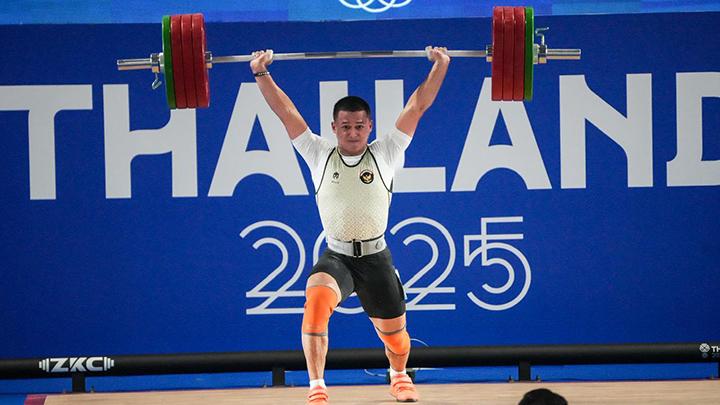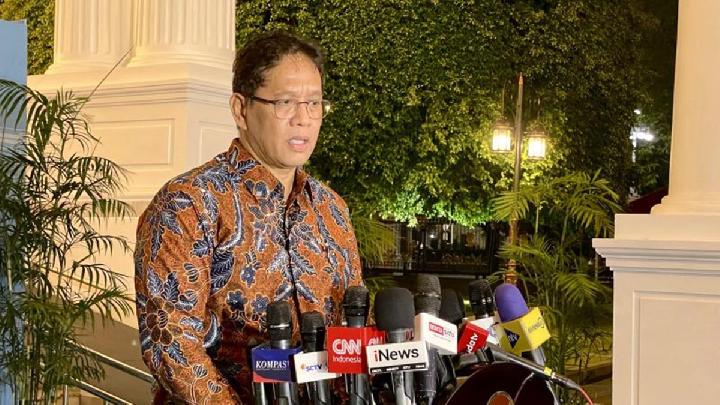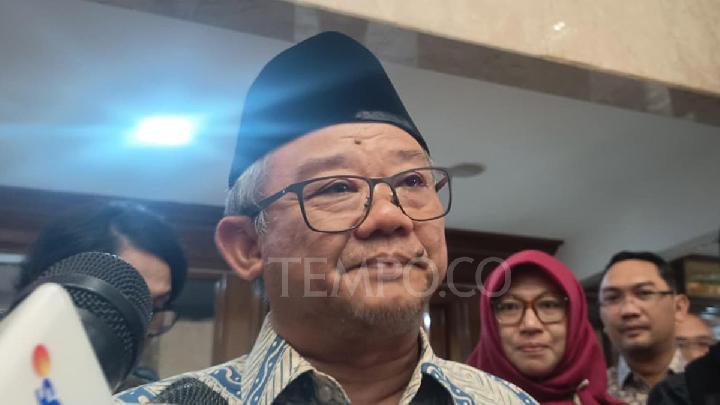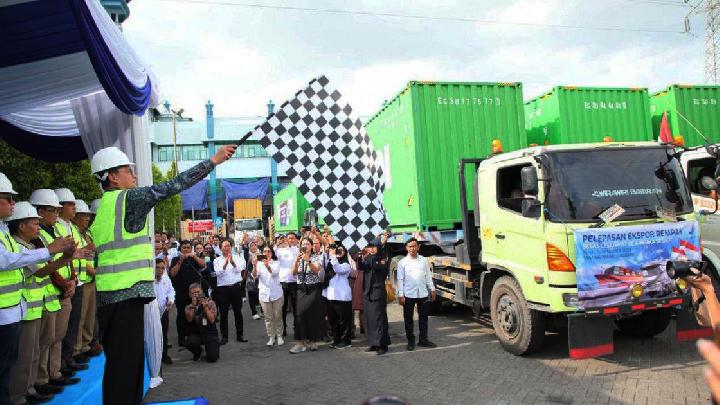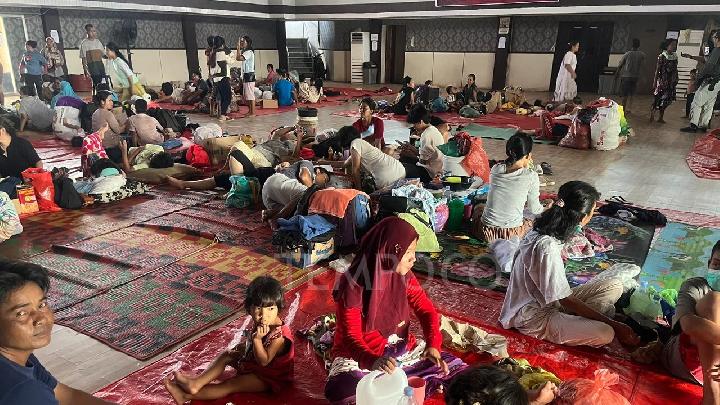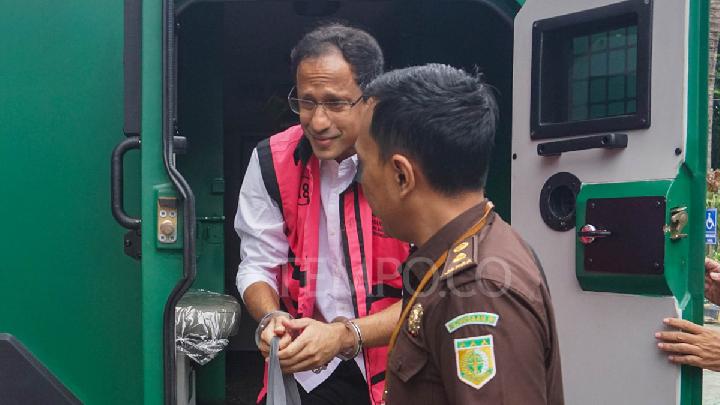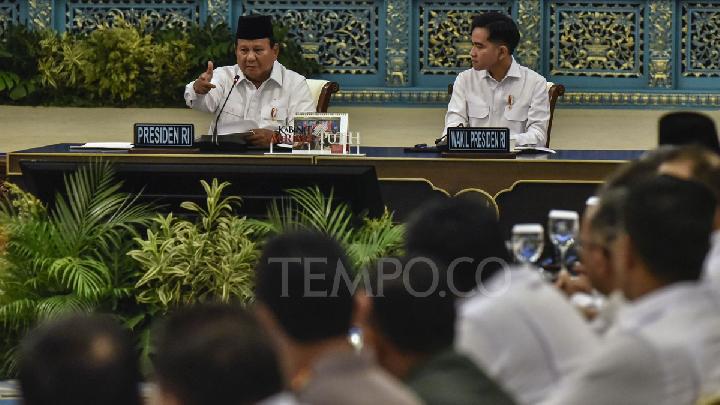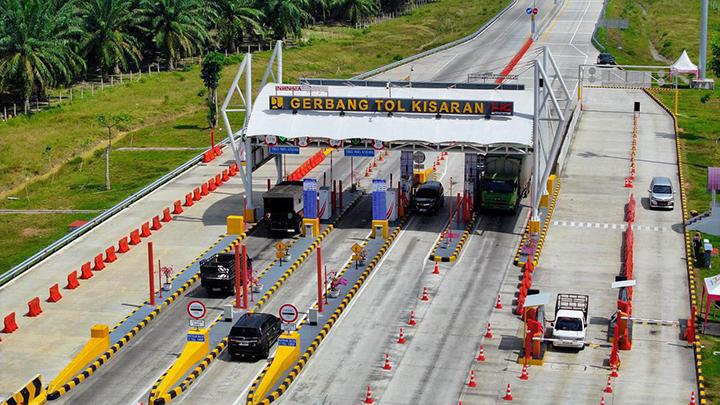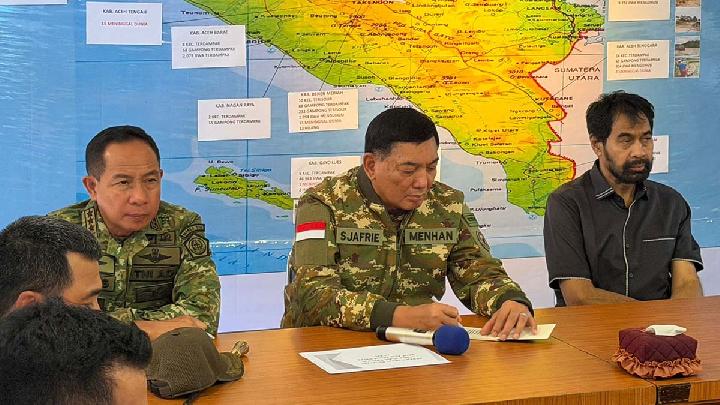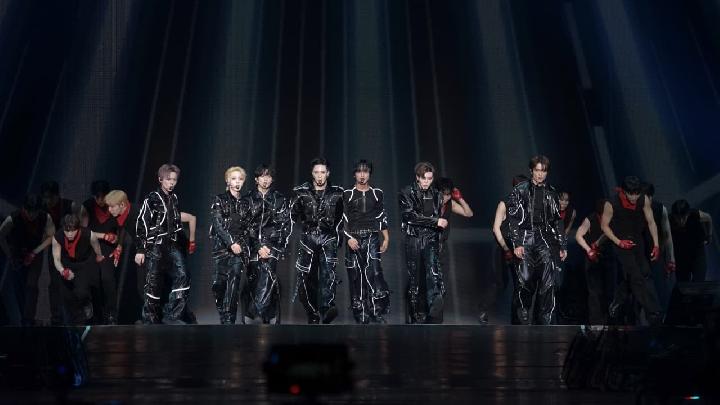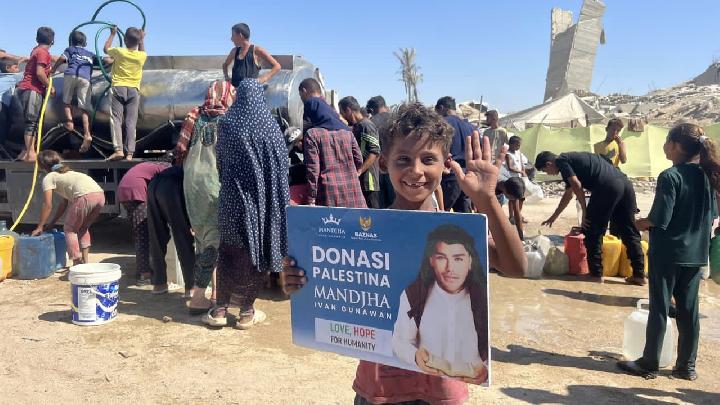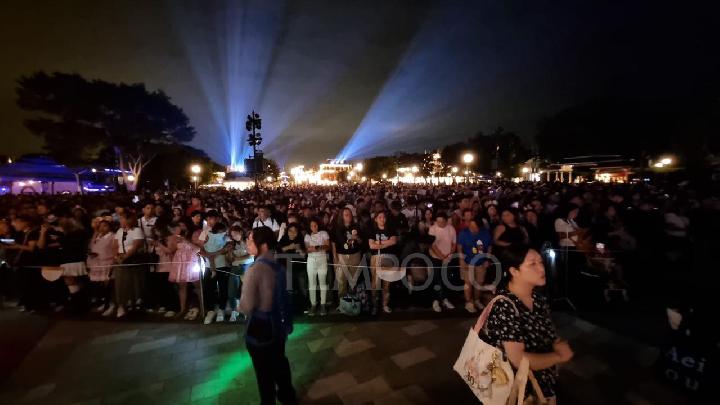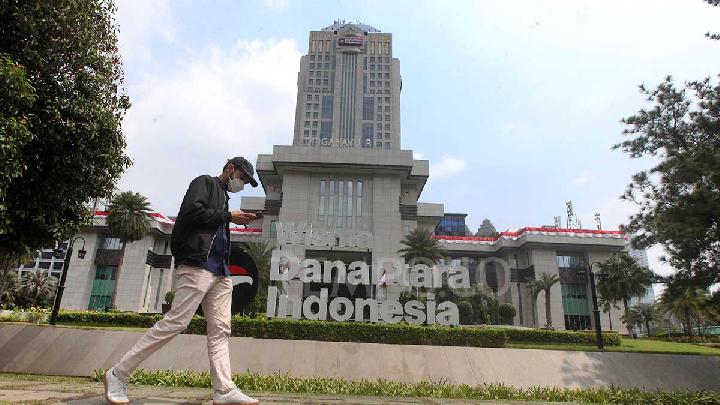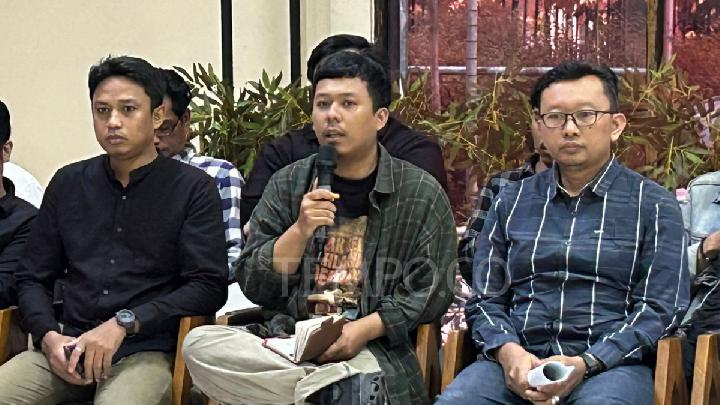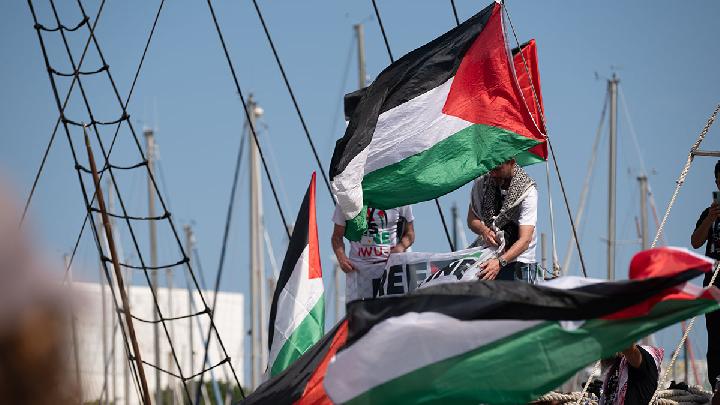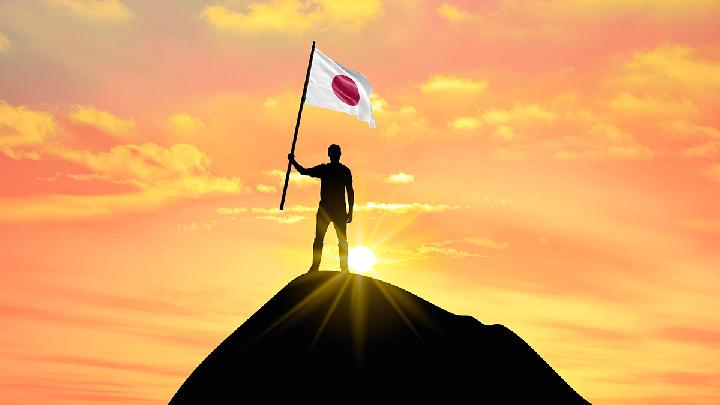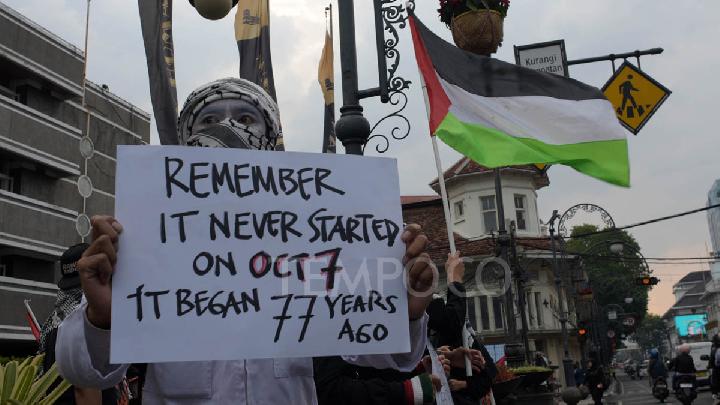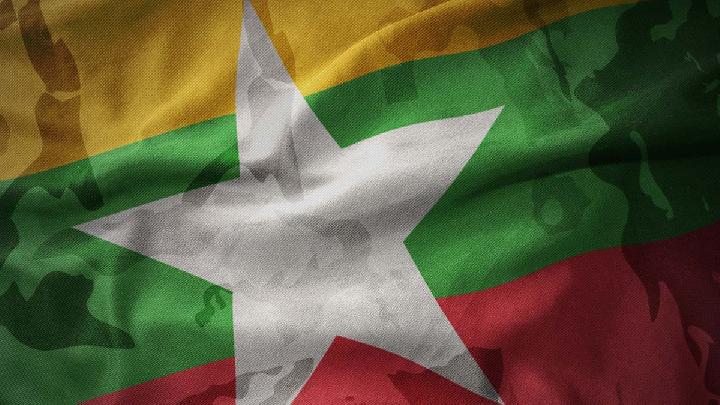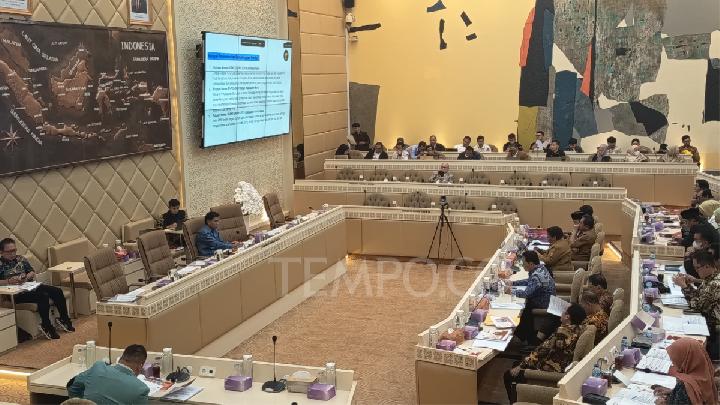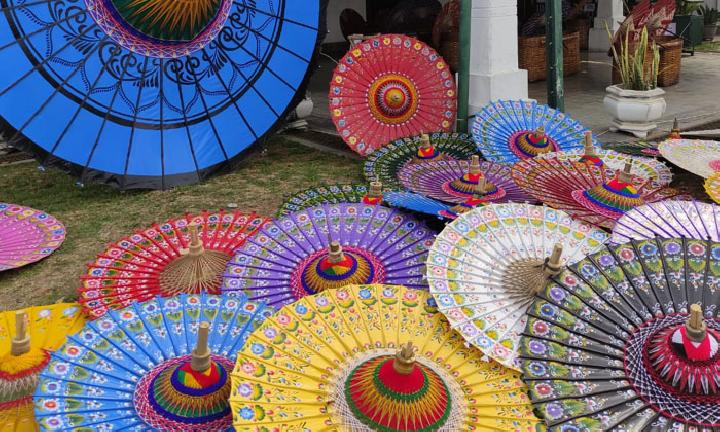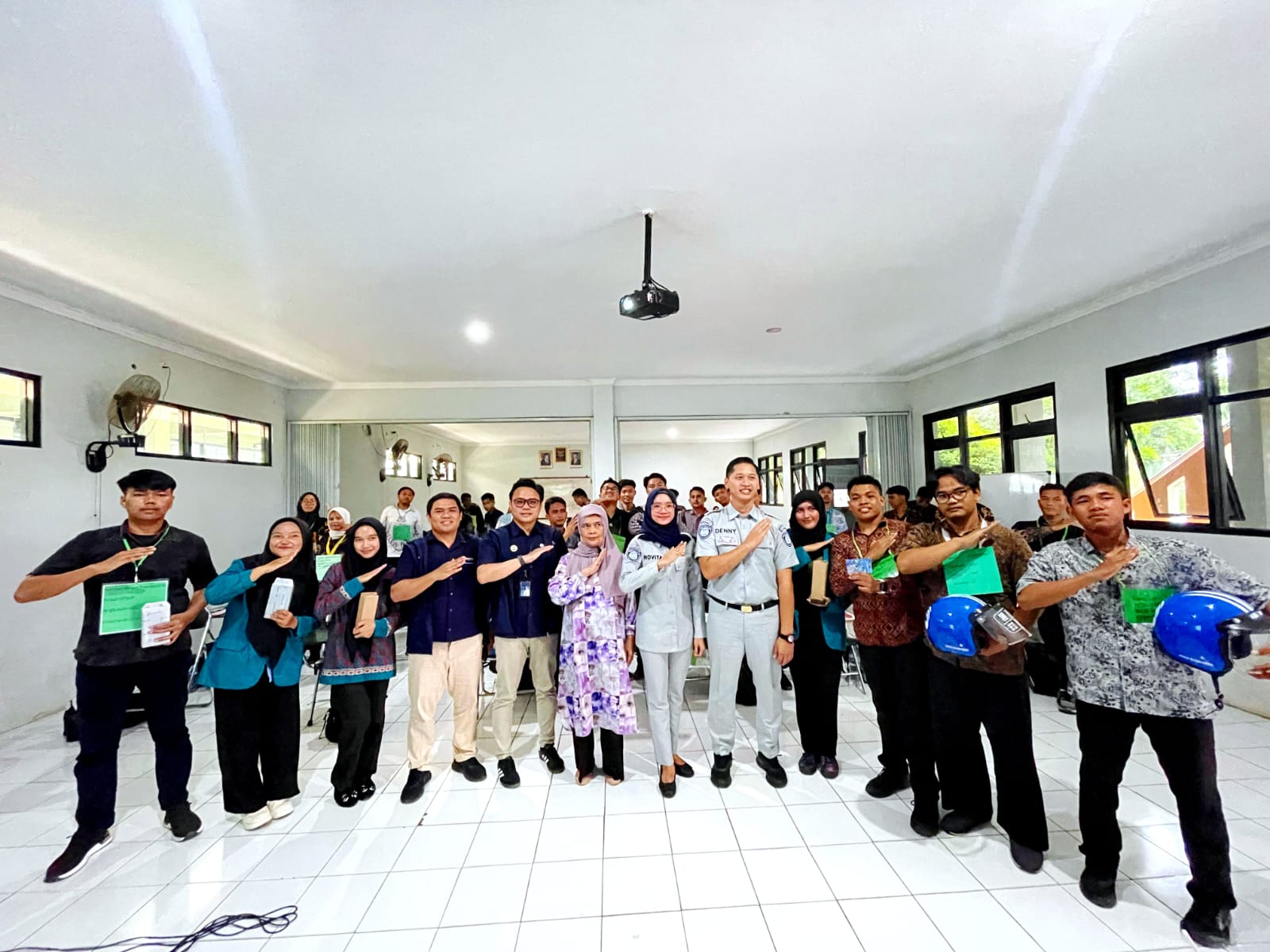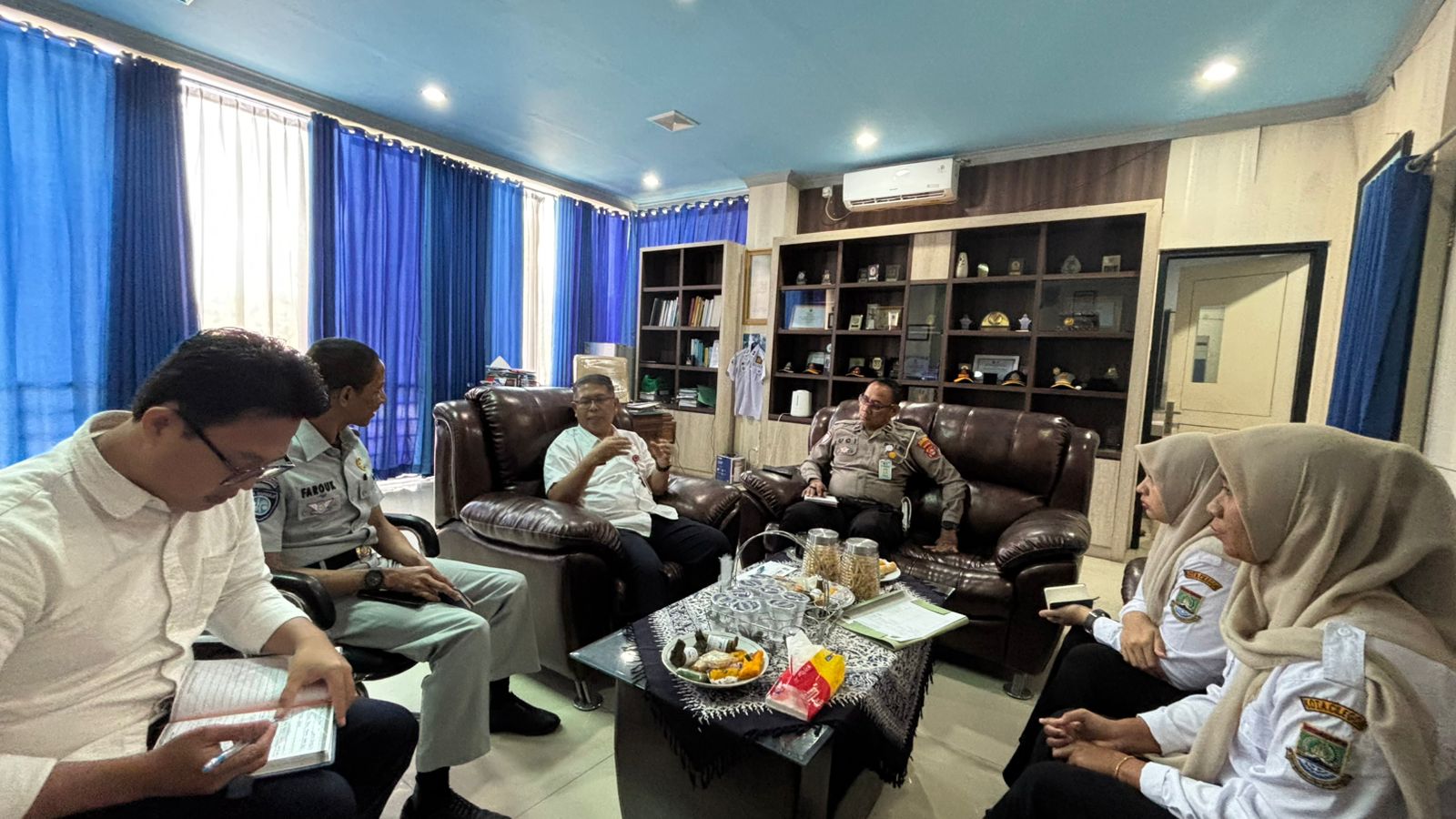TEMPO.CO, Jakarta - Nepal's Prime Minister Khadga Prasad Oli stepped down on Tuesday following violent anti-government protests, plunging the poor Himalayan nation into fresh political turmoil.
"In view of the adverse situation in the country, I have resigned effective today to facilitate the solution to the problem and to help resolve it politically in accordance with the constitution," Oli said in his resignation letter to President Ram Chandra Poudel.
The resignation came after demonstrators set fire to the homes of some of Nepal's top political leaders, including those of President Poudel, and Home Minister Ramesh Lekhak.
Constitutional experts say Nepal could face prolonged political chaos unless a national unity government is formed.
"There is no clear constitutional provision for what should happen next in such circumstances," said Bipin Adhikari, professor of constitutional law at Kathmandu University.
"One viable option is for the president to call for a comprehensive national consensus government. The prime minister should be selected from the parliament, as per the 2015 constitution, while ensuring the demands of Gen Z youths are acknowledged through their representation in this dialogue," he told DW.
Will There Be a Political Vacuum?
C.D. Bhatta, political scientist and senior program manager at the Friedrich Ebert Foundation (FES) Nepal, said that the credibility of all major political forces in the country "has become irrelevant."
"At this point, everyone is trying to capitalize on the situation to lead the government," he told DW. "We have already entered a political and constitutional vacuum," he added.
"The situation must now be resolved by the president with the help of the Nepali Army," Bhatta stressed.
"The only option is to form a civilian government until the next elected government is in place, fully backed by the Nepali army, which remains the only relevant and legitimate force in the country."
Adhikari echoed this view.
"This government should be backed by the Nepali army, which is currently the only force capable of maintaining law and order," he said.
What's Behind the Latest Turmoil?
Nepal, landlocked and wedged between Asian giants India and China, has struggled with political instability and economic uncertainty over the past two decades.
The latest unrest began after Nepali authorities imposed a sweeping nationwide ban on 26 "locally unregistered" social media platforms, including Facebook, X, YouTube, LinkedIn, and WhatsApp, last week.
The government said these platforms had failed to comply with new state regulations asking the companies to appoint a liaison office or a point of contact in the country.
Critics, however, slammed the move as an "assault on free expression" and attempt to stifle dissent and opposition voices.
It was "a desperate bid by an unpopular government to silence critics," Tara Nath Dahal, chairperson of the NGO Freedom Forum Nepal, told DW.
The protests though were not just about the social media ban, analysts say, arguing that they also reflect growing frustration and discontent over misgovernance and corruption.
Driven by young people aged 18 to 30, the protests remain largely leaderless.
Many young people are particularly angry that the children of political leaders seem to enjoy luxury lifestyles and numerous advantages while most youth struggle with a lack of decent jobs.
"We are not against the political system or the constitution. We are against the crony government, political parties, and their inept leadership," a representative of the protest movement, who asked not to be named, told DW.
"We demand good governance and justice for those who lost their lives during these protests. We don't want the same old faces repeated in the new political course."
Calls for Restraint and Accountability
On Monday, tens of thousands of demonstrators took to the streets of the capital, Kathmandu, while crowds surrounded the Parliament building.
Security forces then opened fire on the protesters, killing at least 19 people and injuring about 150.
Rights groups have called for accountability and an independent investigation into the violence.
Nirajan Thapaliya, director of Amnesty International Nepal, said his organization "strongly condemns the unlawful use of lethal and less-lethal force by law enforcement in Nepal" and urged authorities to "exercise maximum restraint."
The demonstrations forced the government to reverse its social media ban on Tuesday morning, before PM Oli submitted his resignation.
But anger against the government showed no signs of abating, with protests continuing in Kathmandu despite the indefinite curfew in the city.
Following Oli's resignation, the Nepali army posted an appeal on X asking people to "exercise restraint."
India, which is home to hundreds of thousands of Nepali citizens, said it hoped that all relevant actors in the neighboring country will exercise restraint and resolve issues through talks.
The embassies of Australia, Finland, France, Japan, South Korea, UK, Norway, Germany, and the US in Nepal also issued a joint statement urging all parties to exercise maximum restraint, avoid further escalation and ensure fundamental rights are protected.
Editor’s Choice: Nepal Parliament Building Set Ablaze amid Anti-Corruption Protests
Click here to get the latest news updates from Tempo on Google News



